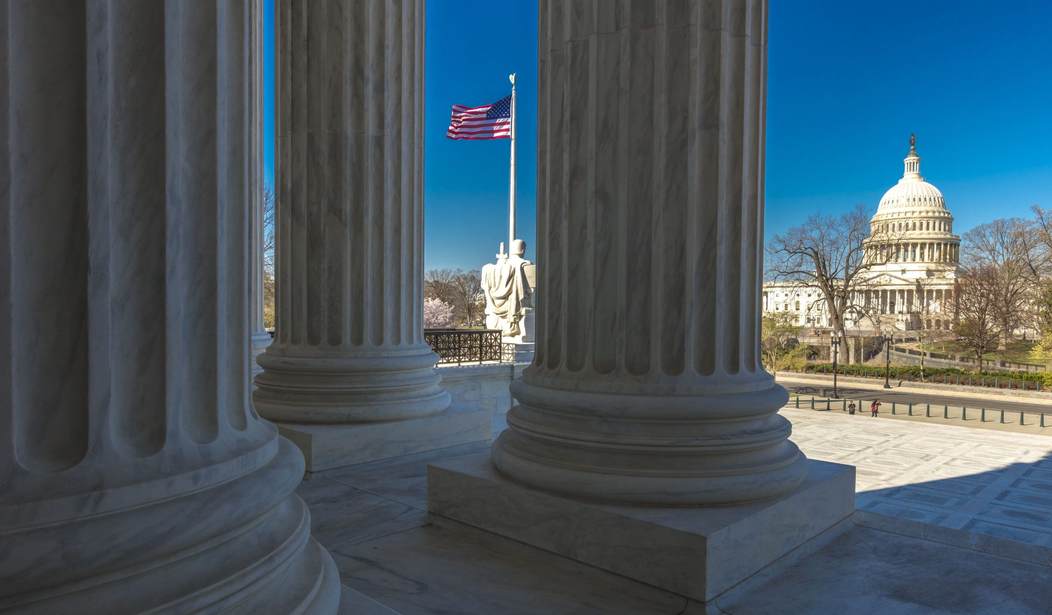The war between our unelected robed masters in the last and least of the three branches of government and the president of the United States continues apace:
A U.S. federal judge on Saturday rejected key elements of President Donald Trump’s May executive orders that would make it easier to fire federal employees and reduce their ability to bargain collectively. Judge Ketanji Brown Jackson, of the U.S. District Court for the District of Columbia, said in a court order that Trump’s orders, which also would reduce the amount of time low-performing employees had to improve their performance before being fired, “undermine federal employees’ right to bargain collectively.”
Trump signed three executive orders in May that administration officials said would give government agencies greater ability to remove employees with “poor” performance, obtain “better deals” in union contracts and require federal employees with union responsibilities to spend less time on union work.The directives drew immediate criticism from the American Federation of Government Employees, which said the moves would hurt veterans, law enforcement officers and others.
Of course they did; it’s a wonder they didn’t include women, children, and minorities as well. But the “public service” unions, far from being non-partisan, are among the biggest supporters of the Democrat Party — and so, one suspects, is Judge Jackson.
Jackson ruled that while the president has the authority to issue executive orders relating to federal labor relations, the orders cannot “eviscerate the right to bargain collectively” as envisioned in a long-standing federal statute. “The President must be deemed to have exceeded his authority in issuing (the orders),” Jackson ruled.
“Ruled.” On what authority? The judicial branch, whose reach was once tightly circumscribed by the Constitution but is now apparently all encompassing, has zero authority over the chief executive or the executive branch and has no business ruling on executive orders, as the Supreme Court decision on Trump’s “travel ban” should have settled.
Further, the collective bargaining agreement under which the federal employees unions operate is itself the product of executive orders issued by John F. Kennedy and Richard Nixon. The statute in question dates from the Carter administration. So once again, as in the DACA case (in which Trump has sought to overturn a previous president’s executive order, in this instance, Obama’s), rogue members of the lesser federal judiciary have “ruled” that the current president cannot remand a prior occupant’s arbitrary decrees.
Anyone who has ever had the slightest interaction with members of federal public-employees unions knows that the American government is often the employer of last resort for the least capable among us, a jobs provider for those unable to procure useful employment elsewhere. What makes matters even worse is that once hired, they’re almost impossible to fire, which is the situation Trump seeks to redress.
Watch for this decision, too, to get drop-kicked by the Supreme Court should the case make its way there. And all lower federal court judges — whose jobs and courts could be jurisdictionally constrained or even abolished by Congress tomorrow should it so ordain –should also have been put on notice by Justice Thomas, who warned lower judges in the travel-ban decision against the indiscriminate use of “nationwide injunctions” and other such sweeping measures against lawful executive orders, threatening greater Supreme Court scrutiny in the future.
In short, they’re asking for it.









Join the conversation as a VIP Member